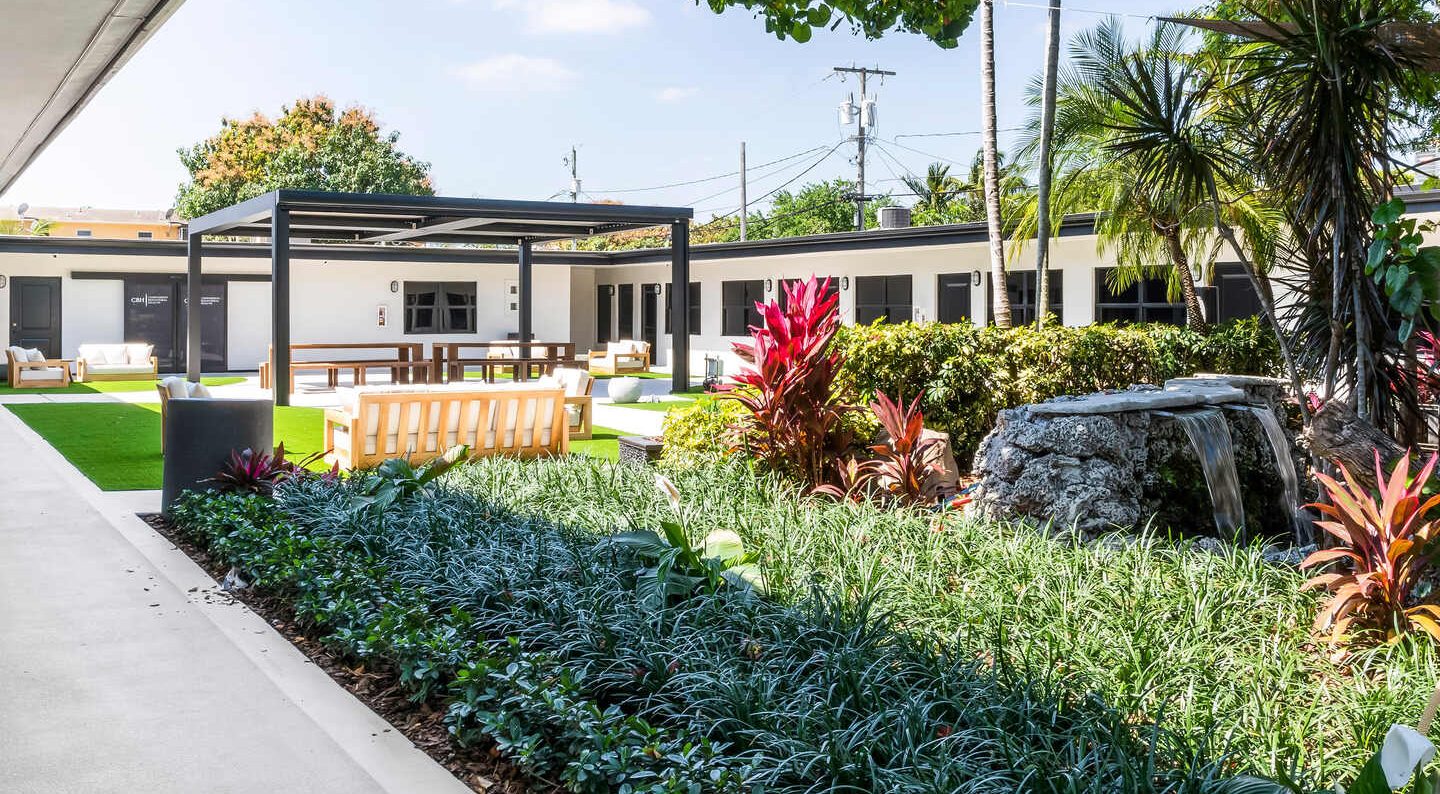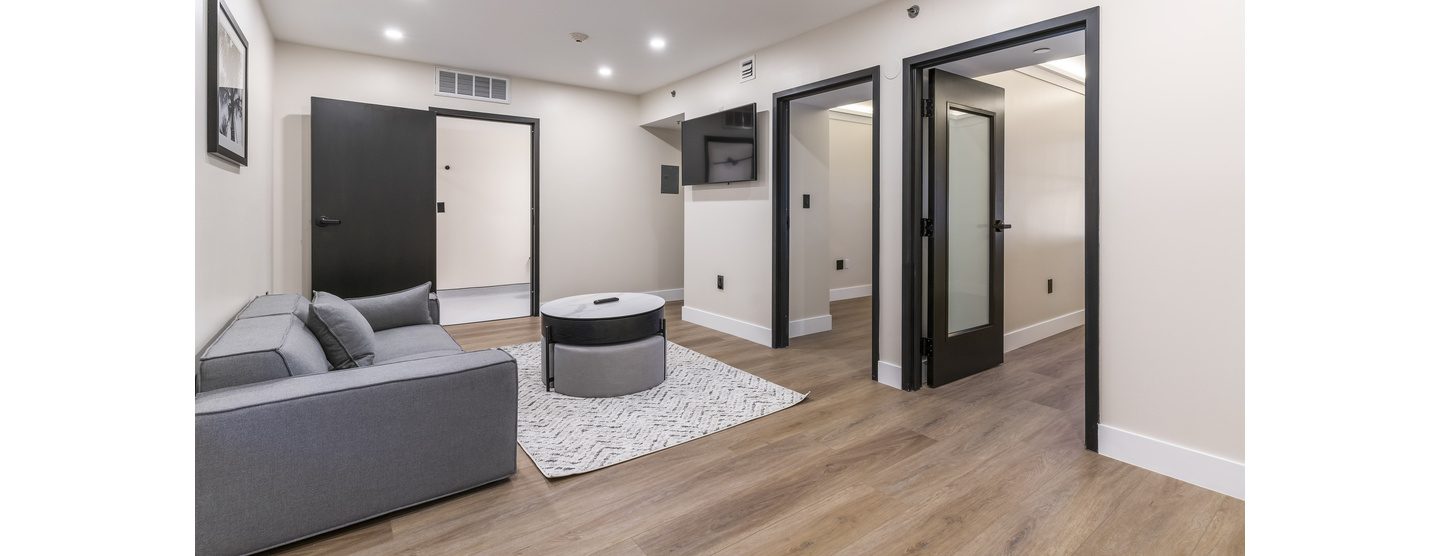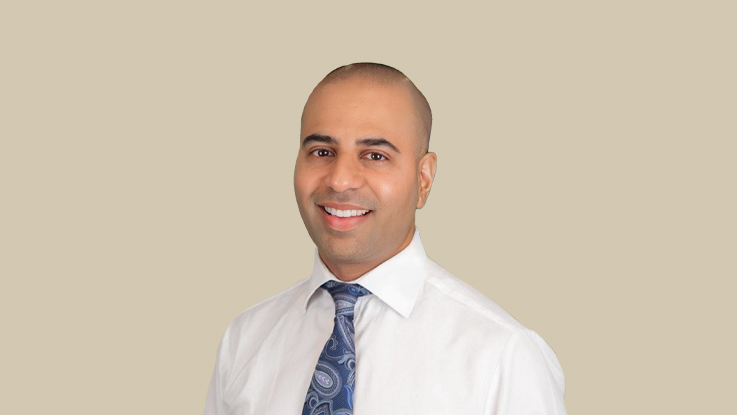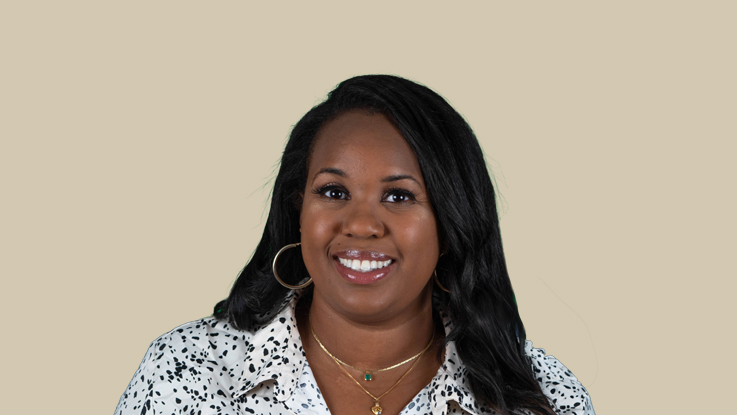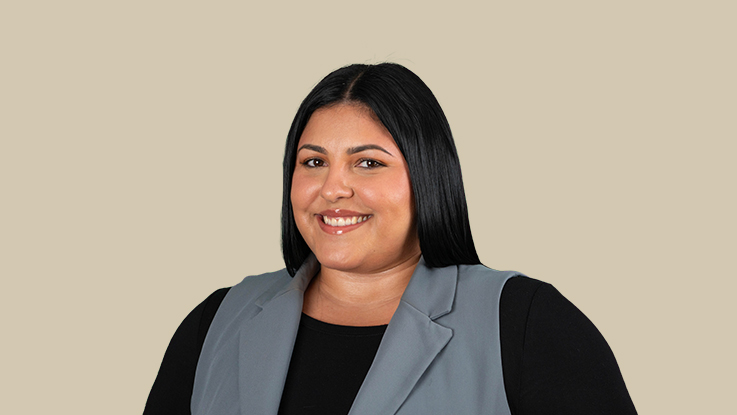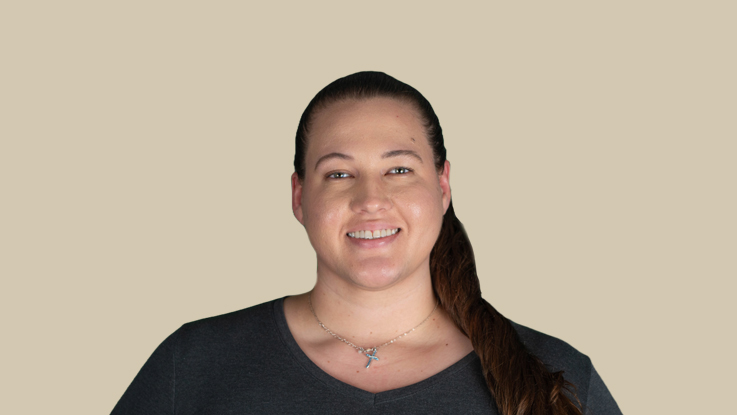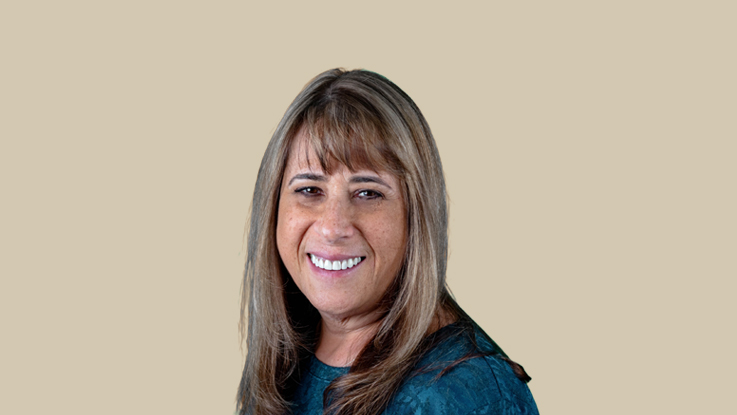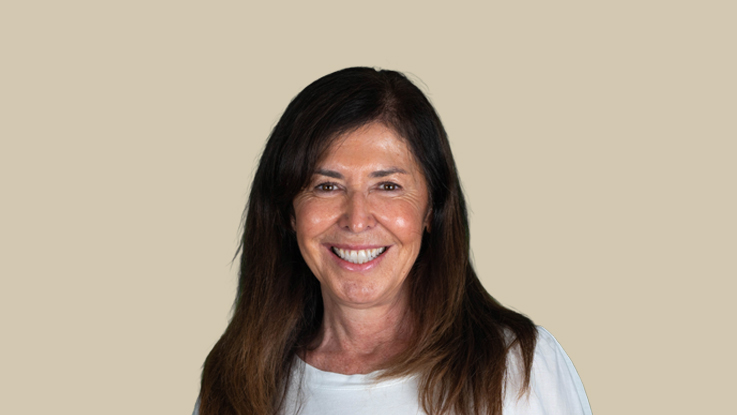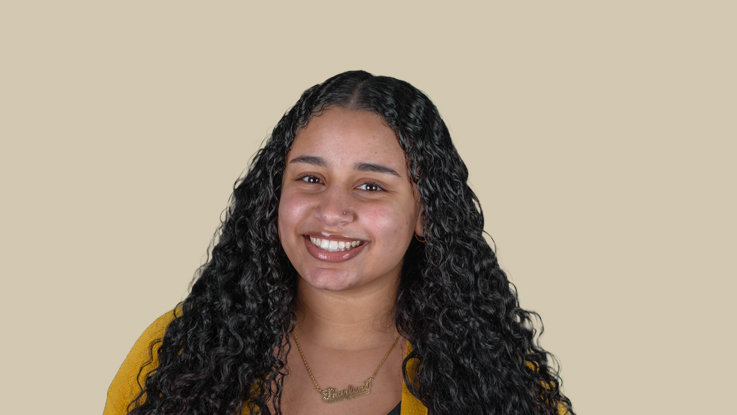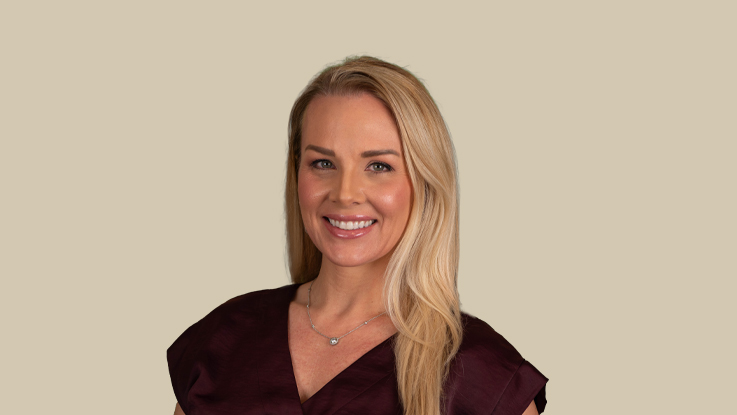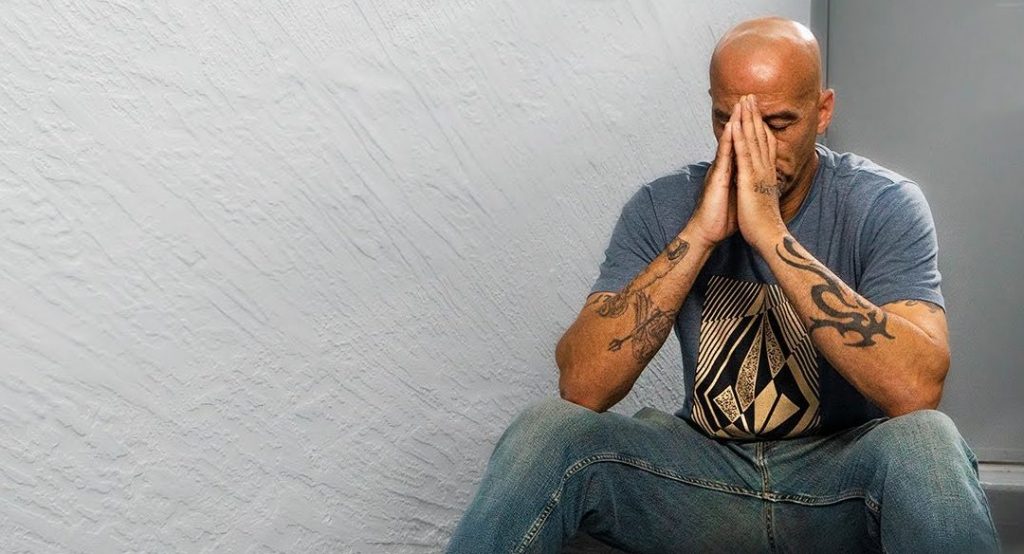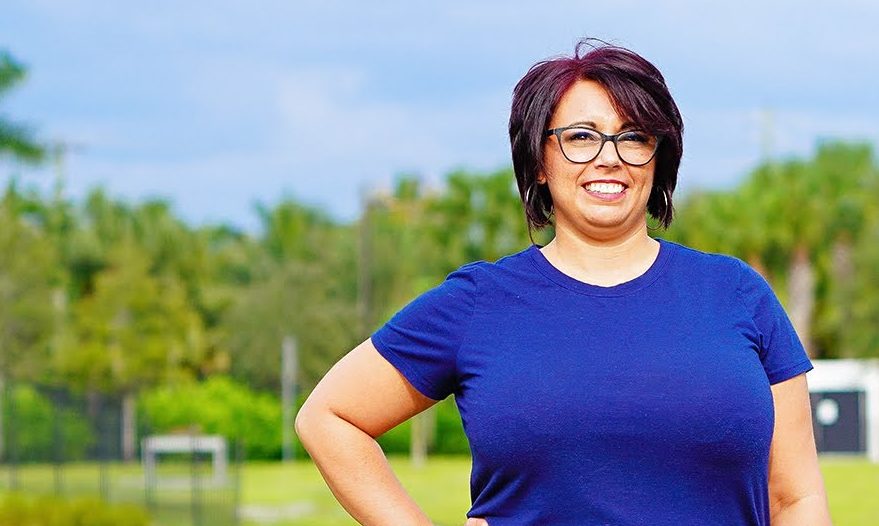What Is Dual Diagnosis?
Dual diagnosis, also known as co-occurring disorders, refers to the condition of suffering from both a mental illness and a substance use disorder simultaneously.
This term acknowledges that these two types of disorders often occur together and interact with each other in complex ways. Understanding and treating dual diagnosis is crucial because the interplay between mental health issues and substance abuse can complicate the treatment and recovery process.
Who Might Need Dual Diagnosis?
Individuals who might need dual diagnosis treatment are those experiencing both a mental health disorder and a substance use disorder simultaneously.
Identifying who needs this kind of integrated treatment can be complex, but there are several indicators:
- Symptoms of mental health disorders: If you’re noticing signs of mental health issues such as depression, anxiety, bipolar disorder, schizophrenia, or personality disorders, it’s particularly important to pay attention, especially if you find these symptoms are present alongside substance use.
- Substance abuse issues: If you’re grappling with addiction to drugs, alcohol, or prescription medications, and it feels like you’re using these substances to cope with emotional or psychological distress, it’s crucial to recognize this pattern.
- Ineffective treatment when addressed separately: If you’ve previously sought help for either a mental health disorder or substance abuse and haven’t seen the improvement you were hoping for, it might be because an underlying co-occurring issue wasn’t fully addressed.
- History of trauma or stress: If you’ve experienced trauma, such as physical or emotional abuse, or ongoing stress, and you find yourself turning to substance abuse, this interplay can be significant in understanding your current challenges.
- Difficulty managing daily life: If managing your daily responsibilities is becoming increasingly difficult due to a combination of mental health symptoms and substance use, these intertwined issues need to be looked at closely and addressed together.
or Substance Use Disorders?
Key Aspects of Dual Diagnosis
Addiction can manifest in many forms, impacting people from all walks of life. From substance dependencies to behavioral compulsions, the nature of addiction is complex and varied.
- Interconnectedness: Mental health disorders and substance use disorders can influence and exacerbate each other. For example, a person with a mental health condition may use drugs or alcohol as a form of self-medication, which can lead to addiction. Conversely, substance abuse can aggravate or trigger symptoms of a mental health disorder.
- Complexity in treatment: Treating a dual diagnosis often requires an integrated approach that addresses both the mental health condition and the addiction. This can involve a combination of behavioral therapies, medication, counseling, and support services.
- Variability: There is a wide range of combinations in dual diagnosis. Common mental health conditions that co-occur with substance abuse include depression, anxiety disorders, bipolar disorder, and schizophrenia, among others.
- Challenges in diagnosis: Dual diagnosis can be challenging to diagnose, as the symptoms of substance abuse can often mimic the symptoms of mental health disorders, and vice versa.
- Need for comprehensive care: Effective treatment for dual diagnosis typically involves a holistic approach that not only focuses on sobriety but also on managing mental health, developing coping strategies, and improving overall well-being.
What Can I Expect from Your Dual Diagnosis Program?
Compassion Behavioral Health has a long-standing history of treating co-occurring conditions. Our integrative treatment plan will address both your addiction and your mental illness using holistic and conventional treatments.
Clients who have completed our program report a 76% reduction in PTSD symptoms, a 91% reduction in anxiety symptoms and a 90% reduction in depressive symptoms.

Here are some of the therapies that will be available to you as part of our dual diagnosis treatment:
- Group therapy: Collaborative therapy allows you to address various concerns and reach your therapeutic goals. Advantages include mutual support, bonding and self-awareness in a non-judgemental environment.
- Individual therapy: Individual therapy encourages you to explore your thinking and behavior in a safe and confidential environment. Two common approaches we use are cognitive behavior therapy (CBT) and dialectical behavioral therapy (DBT).
- Family involvement: In family therapy, you’ll learn how to break specific family patterns that can be harmful to your recovery. You’ll also strengthen the family bond, understand your differences and heal past wounds.
- Medication education and medication management: Various medications are used in dual diagnosis treatment. Our experts will find the right combination of medicines to treat your mental illness while educating you on their risks and benefits.
- EMDR therapy: EMDR therapy is an effective treatment for trauma and other mental health concerns. It requires you to use various eye movements to unblock your emotions and reprogram your brain.
Dual Diagnosis Treatment at Compassion Behavioral Health in South Florida

Approximately 20 million people in the U.S. battle with addiction. At Compassion Behavioral Health, we are dedicated to helping people from various situations overcome addiction and progress towards more fulfilling and healthier lifestyles.
Dual diagnosis program at CBH offers unique and individualized care. We are committed to delivering high-quality, customized treatment, with a focus on ensuring each client receives the dedicated attention they deserve.
Our state-of-the-art facilities are complemented by a team of highly skilled and caring professionals. These specialists are not only experts in their fields but are also passionately dedicated to providing compassionate care.
Recognizing the vital role of family in the recovery process, our program incorporates extensive family involvement. We aim to treat our patients holistically and build a robust support network for post-treatment, including family therapy.
Our commitment to support extends beyond the confines of our facility. We continue to offer assistance and counseling even after our clients have started their journey with Compassion Behavioral Health. Our ambition is to excel in delivering both exceptional treatment and a caring environment for our clients and their families.




